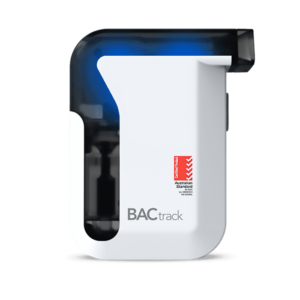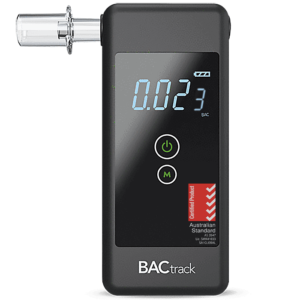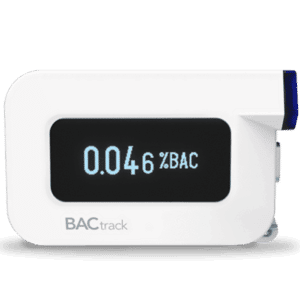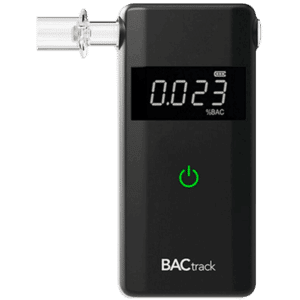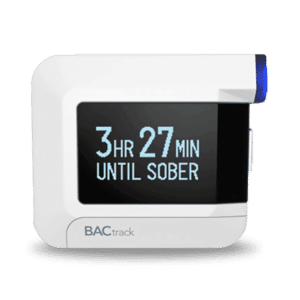Work Drug Tests Australia: Overview & the Types of Tests
22 March, 2024
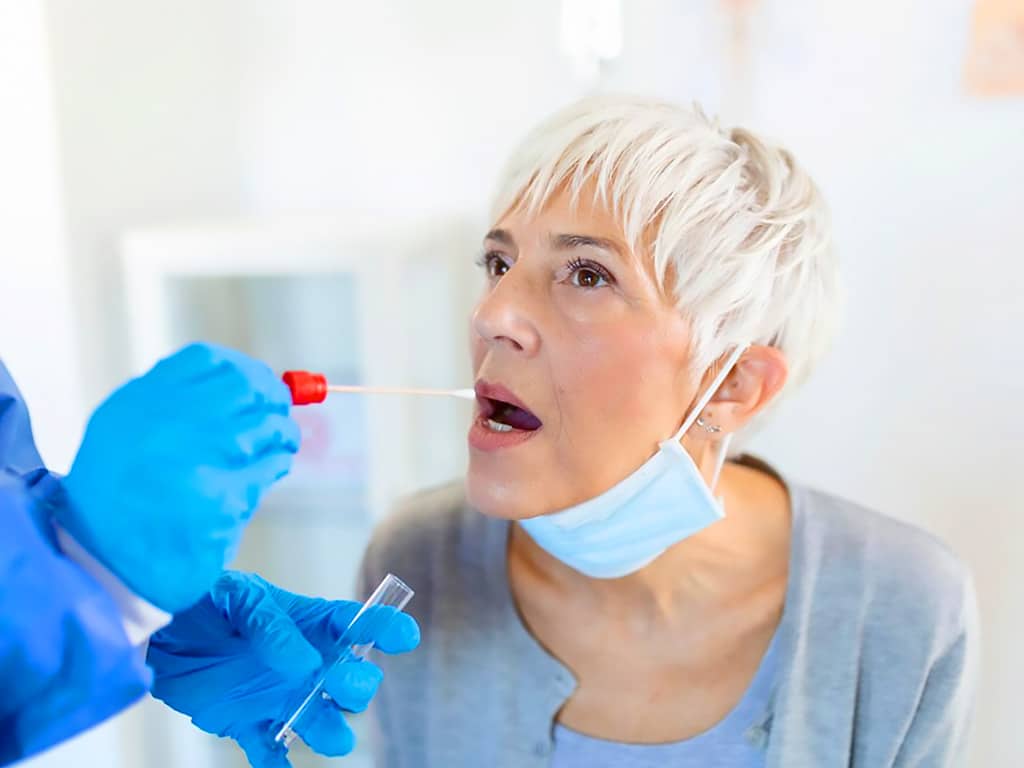
Conducting work drug tests in Australia is a method that companies use to ensure the safety of employees and the general public. Drug testing is a method of detecting illicit substance use. It traces the drug or its metabolites in the biological specimen of the employee. Screening methods include urine, blood, hair, and saliva tests. These are reliable methods of testing that have different advantages and limitations that can suit various circumstances.
Employers must ensure workplace health and safety. It is their legal obligation and can be crucial to maintaining productivity and a good reputation. Hence, they form workplace policies to monitor and deter illicit drug use. Testing is essential for ensuring compliance with these policies and enforcing disciplinary action for violations. This article will present information on work drug tests, the reasons to conduct them, and the types of tests.
Overview of Work Drug Tests in Australia
Work drug tests in Australia are crucial for maintaining workplace safety and productivity. Employers in Australia must ensure the safety of their employees within company premises. One way of doing this is to implement a testing regime to ensure that employees are not under the influence of drugs that could impair their ability to do their jobs. Drug testing is a method of tracing the presence of drugs in biological samples.
Companies may develop and implement drug testing policies based on the current workplace culture of drug use and the hazards present in the workplace. The policy should have a clear policy statement reflecting the goals of the company. The legal document should also outline the testing procedure, reasons for testing, corresponding disciplinary measures for violations, and complaints process.
Employers can also establish education and training programs to help employees understand the dangers of substance misuse. To help them, companies may also create Employee Assistance Programs (EAPs) to help those with substance use disorders. Companies may contact drug screening services to conduct a comprehensive workplace drug test.
Importance of Workplace Drug Testing
- Drug screening is a crucial tool for identifying illicit drug users and preventing adverse effects.
- By identifying intoxicated or impaired workers, companies can reduce safety risks and accident rates.
- It also helps them create a safe workplace environment conducive to higher productivity and morale.
- Testing also helps companies comply with relevant safety legislation and industry regulations, which can protect the company from litigation.
- It also emphasises the commitment of the company to its workplace policy and building a safer workplace.
- Screening for substance misuse can also help provide early intervention for employees who need access to counselling services for their disorder.

Reasons to Conduct Work Drug Tests in Australia
There are several reasons to conduct work drug tests in Australia. Firstly, passing pre-employment drug testing is crucial for prospective employees for safety-sensitive positions. As such, most companies in high-risk industries implement this as a requirement for employment.
Secondly, random drug testing is another reason companies include in their testing policy. This is because random tests can identify drug and alcohol misuse during working hours. Moreover, its nature prevents employees from preparing for the test to avoid detection. Thirdly, post-accident testing is done to gain evidence regarding the cause of the safety incident. It can also provide information on how to prevent similar safety risks.
Fourthly, reasonable suspicion screening can occur if an employee is showing outward signs of illicit drug use, such as erratic behaviours, bloodshot eyes, noticeable odours, and slurred speech. Lastly, blanket testing is a common reason for work sites to conduct a test. It is typically scheduled for regular periods since it involves testing all workers on the premises.
Can an Employee Refuse a Test?
Generally, an employee cannot refuse a test without facing disciplinary action. This is because refusal can be seen as a breach of company policy and employment contract. However, employees do have the right to request more information about the testing process and the reasons for conducting it.
An employee may communicate with the company or safety representative if they cannot comply with a testing procedure for a valid reason. This is particularly true for people with medical issues. A worker may also consult with a legal professional if they suspect the reason for testing stems from a discriminatory issue.
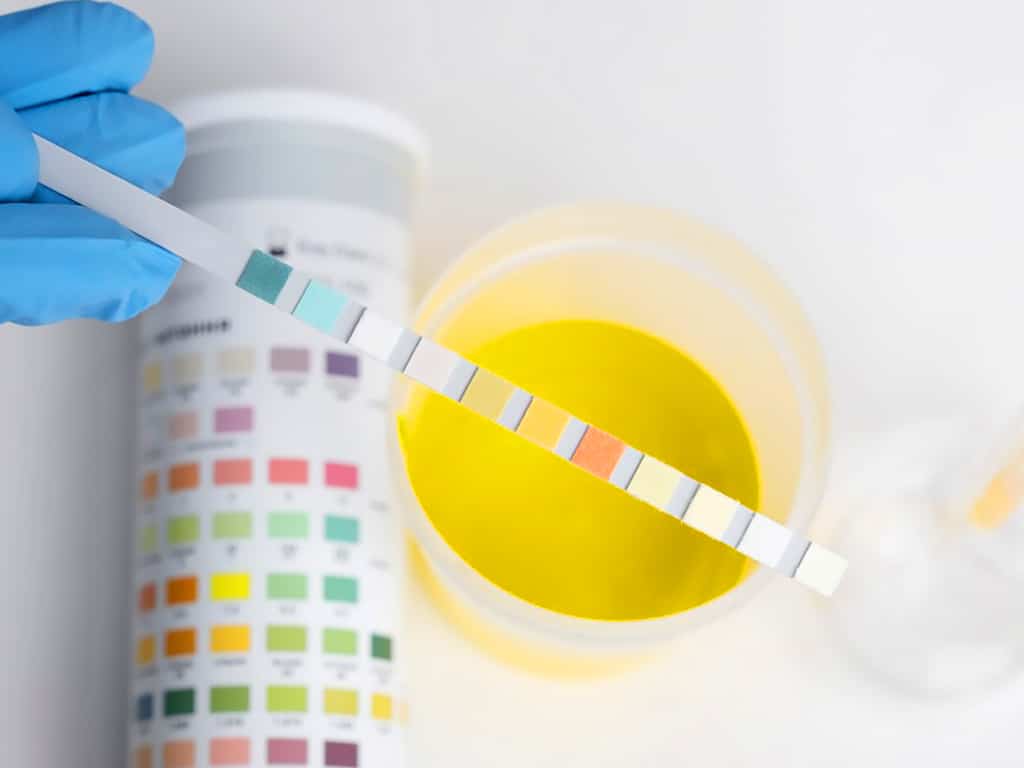
Types of Work Drug Tests in Australia
Companies can select between the different types of work drug tests in Australia based on their specific needs and preferences. Urine drug testing is the standard choice for many workplaces. This is because a urine drug screen can trace a wide range of substances with a reliable detection spanning days to weeks, depending on the specific substance.
Saliva drug testing is another popular option for companies since it is an effective method of tracing recent use. It uses saliva samples, which have a simple collection procedure, to trace substances. Moreover, employers can also use drug test kits to conduct the initial screening, saving on costs and time. On the other hand, blood testing uses a more invasive collection method. However, it is highly accurate, making it ideal for confirmation testing.
Lastly, hair follicle testing is a less common method in the workplace since it traces long-term use instead of recent consumption. Nevertheless, it can provide valuable insight into the history of drug use of the individual. This can be useful for determining which applicants suit a specific position during pre-employment testing.
Implications of a Non-Negative Result
A non-negative result indicates the employee has trace amounts of a specific drug exceeding the set cut-off levels. This can have several complications for their employment as it shows they have violated the policy. Therefore, they may face consequences, such as suspensions, demotions, mandatory rehabilitation, or dismissal.
However, there are chances for an employee to refute the initial test result. One way is to petition for confirmation testing to disprove the false positive report. This type of test uses advanced techniques such as Liquid Chromatography-Mass Spectrometry (LC-MS) for the quantitation of drugs in the sample.
Conclusion
Work drug tests in Australia are essential for maintaining a safe and productive work environment. It is the process of detecting substance use with the biological samples of the employee. Companies have various reasons for conducting these tests, including pre-employment screening, random testing, post-accident testing, reasonable suspicion screening, and blanket testing. Employees generally cannot refuse a test without facing consequences similar to failing a test. This includes suspensions, demotions, or even termination.
There are different types of drug tests available for companies to use, such as blood, urine, saliva, and hair testing. The common drug testing methods for workplaces are urine and saliva tests. Blood and hair testing are less frequently used but are also helpful in specific circumstances. An employee with a non-negative or positive result can be subject to disciplinary action. They may also refute the report and request a confirmation test to confirm their abstinence from drug misuse.


















